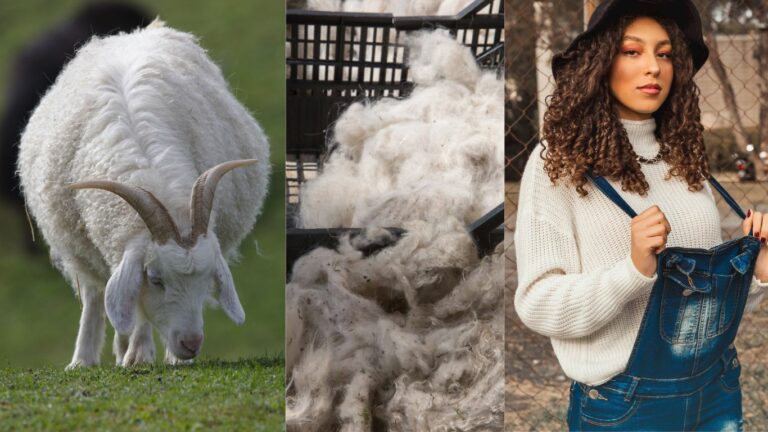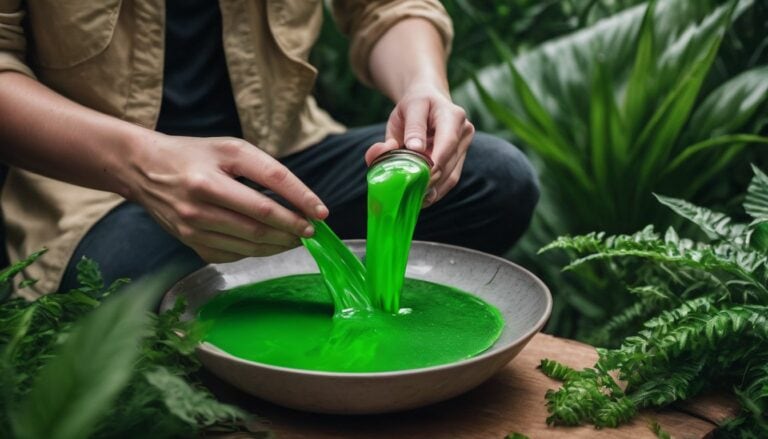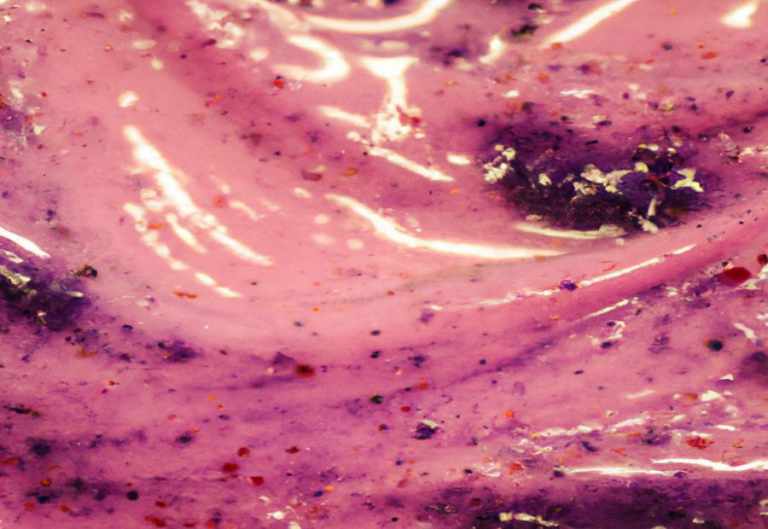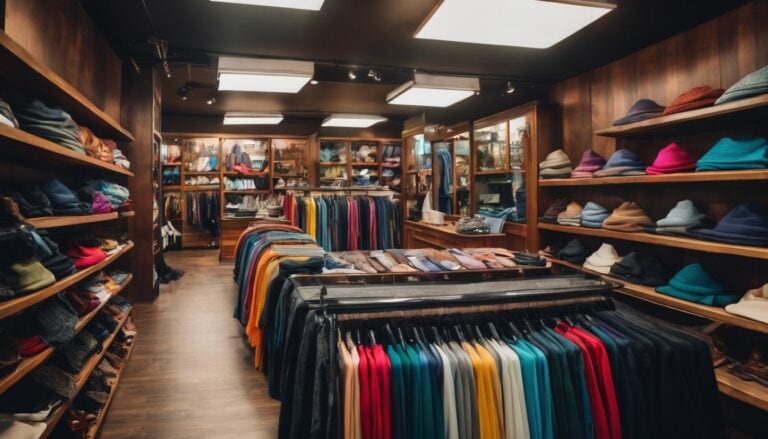11 Top Vegan Fabrics to Showcase Your Animal-Loving Style
Are you passionate about animal welfare and looking to reflect that in your wardrobe? The fashion industry has become more conscious, paving the way for vegan fabrics – materials void of any animal products.
This article uncovers 11 sustainable, cruelty-free fabrics that are both eco-friendly and stylish. Dive in to learn how you can wear your love for animals on your sleeve!
11 Vegan Fabrics for Sustainable Fashion
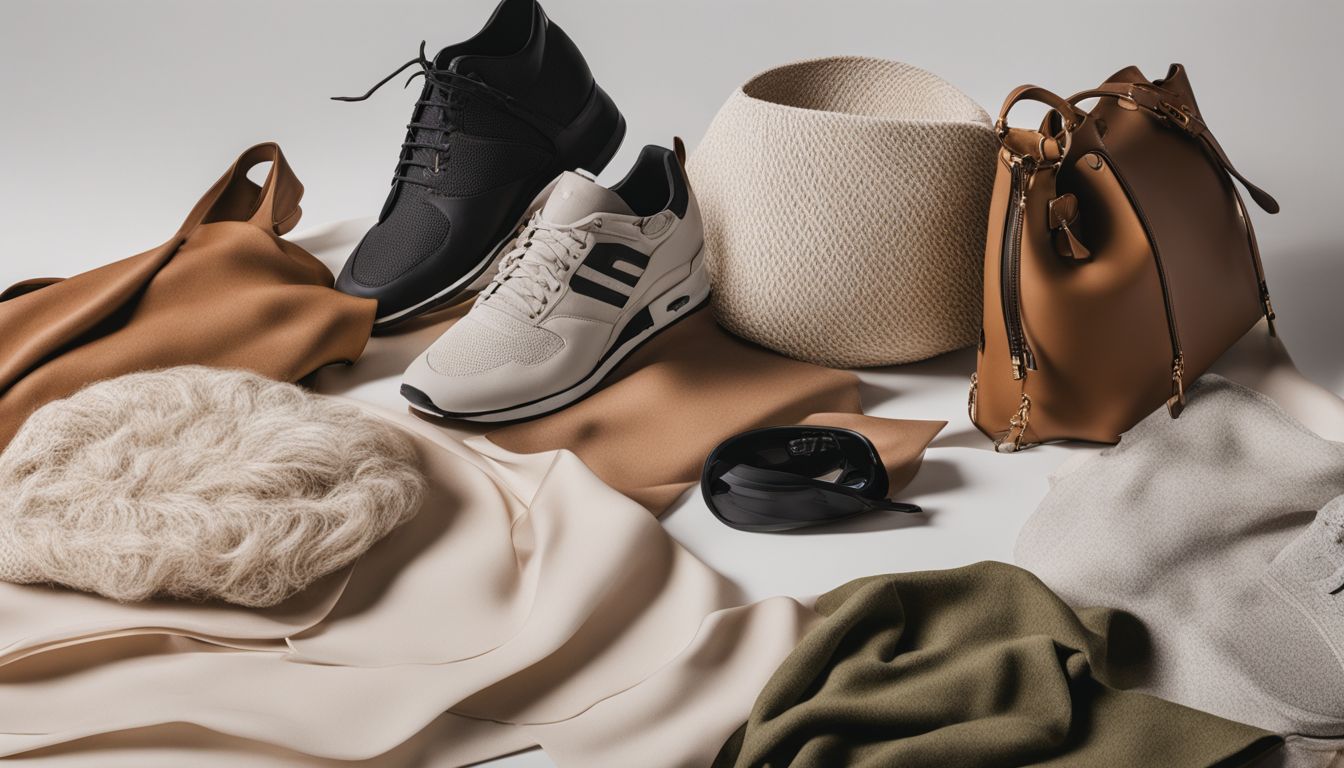
Here are 11 vegan fabrics that you can choose for sustainable fashion: cotton, hemp, linen, cork, Piñatex, cupro, lyocell, modal, bamboo, vegan leather, and polyester.
1. Cotton
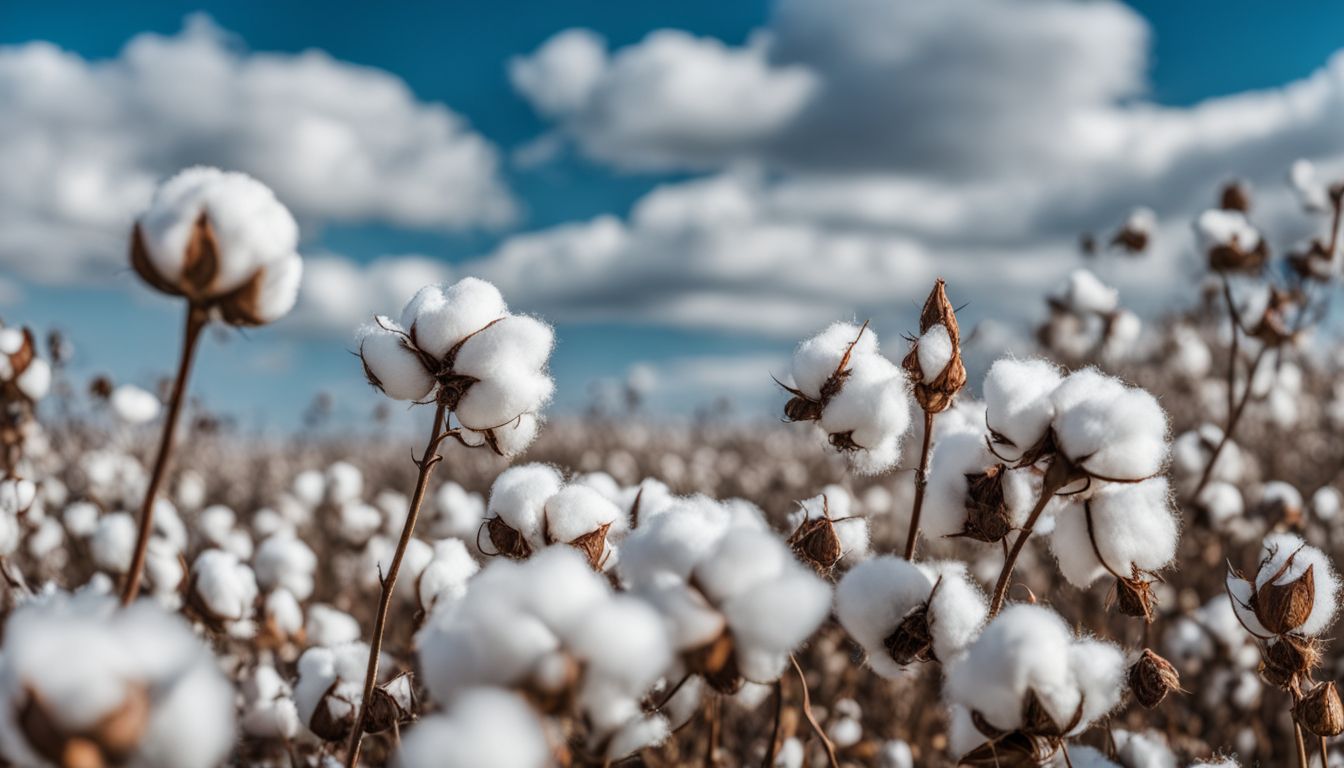
Cotton is a top choice for vegan clothing. Made from the fluffy fibers of the cotton plant, it’s all-natural and kind to animals. Cotton doesn’t hurt any living being during its making.
It also feels soft on your skin and keeps you cool in hot weather. Clothing brands often choose cotton because it’s strong and easy to wash. You can find many items made from this fabric – shirts, pants, dresses, and even hats! Plus, growing more cotton plants helps clean our air since they take in carbon dioxide.
2. Hemp
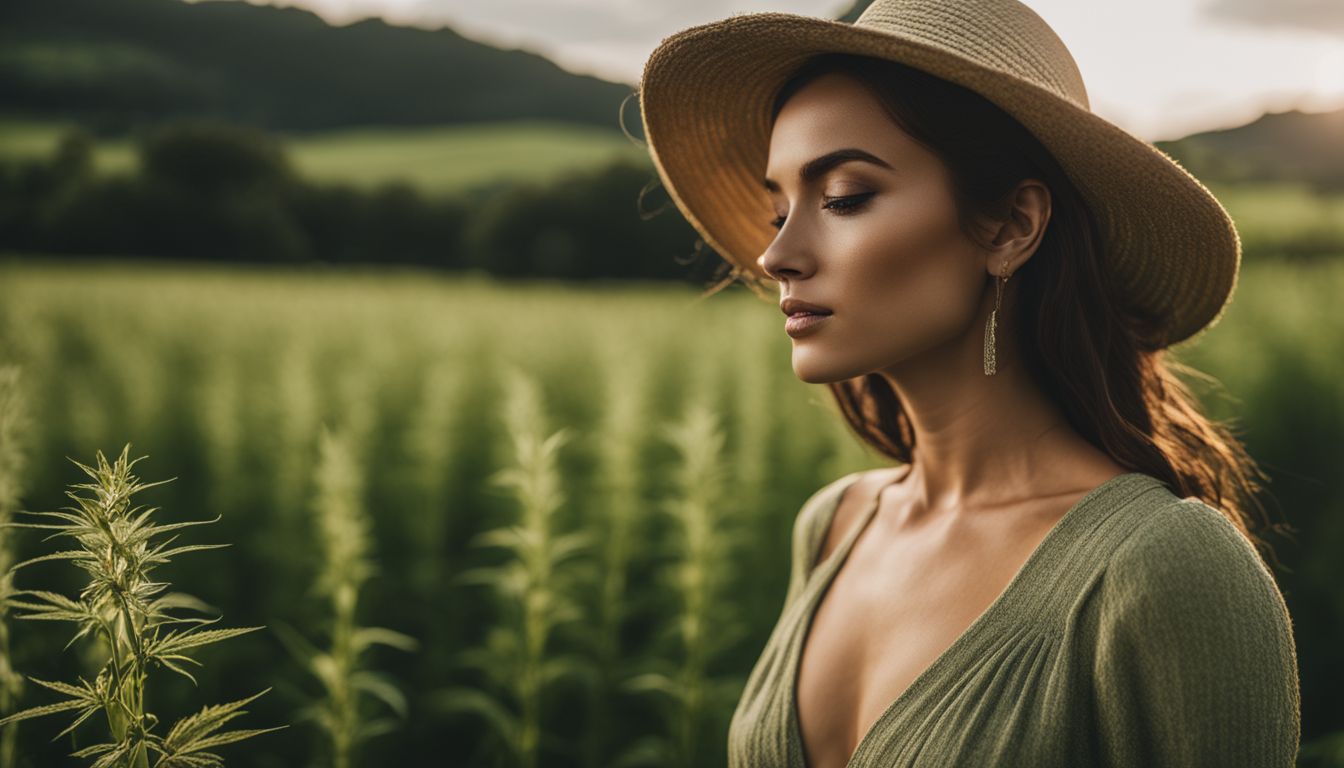
Hemp is a great vegan fabric. It comes from the hemp plant and is very strong. Clothes made of hemp last for a long time. Hemp plants grow fast and don’t need much water or care. This makes hemp an eco-friendly fabric choice.
This natural fabric feels soft on the skin just like cotton. But unlike cotton, it resists mold and blocks out UV rays better. No animals get hurt when we make clothes from hemp, so it’s animal-friendly too!
3. Linen
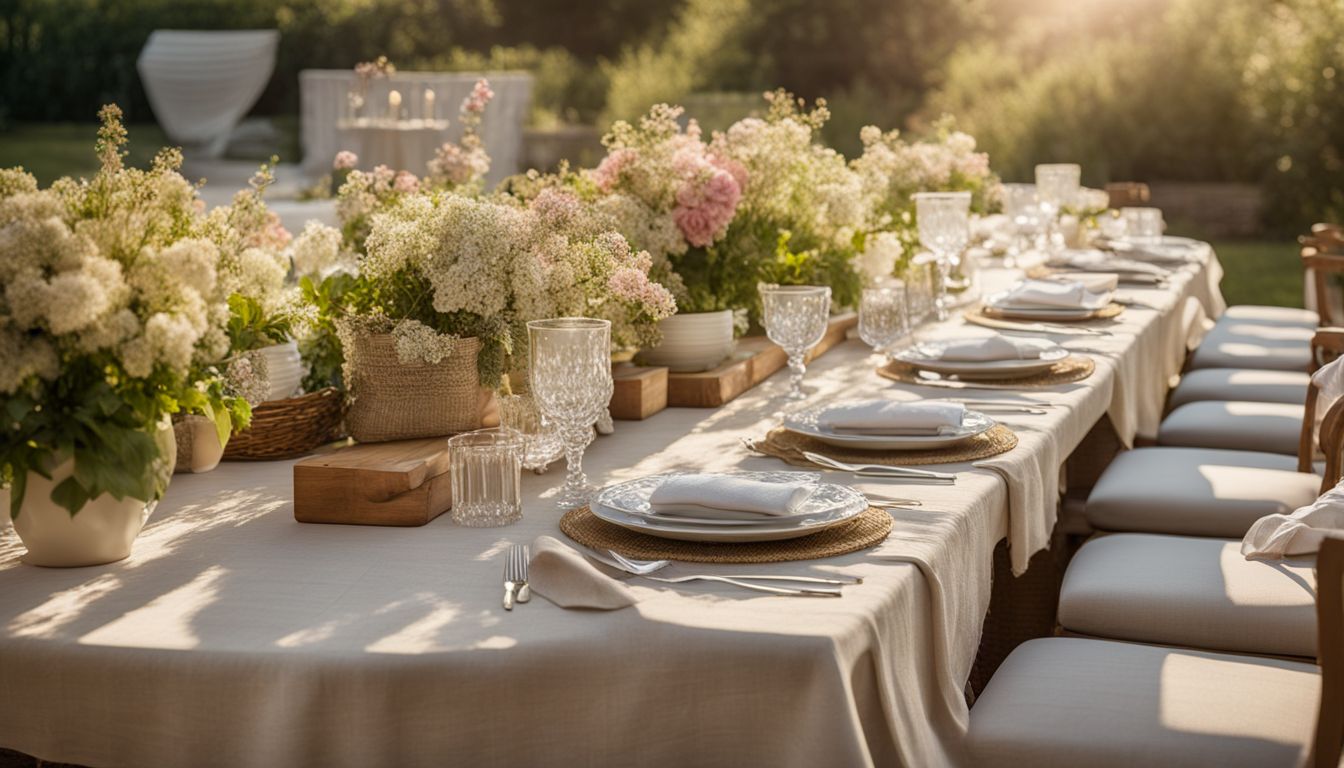
Linen is a great choice for vegan fabric. It comes from the flax plant. The flax plant is easy to grow and does not need much water. Linen cloth can keep you cool in hot weather. It also gets softer the more times you wash it.
This natural fabric does not harm any animals when we make it, which makes it an animal-friendly textile choice.
4. Cork
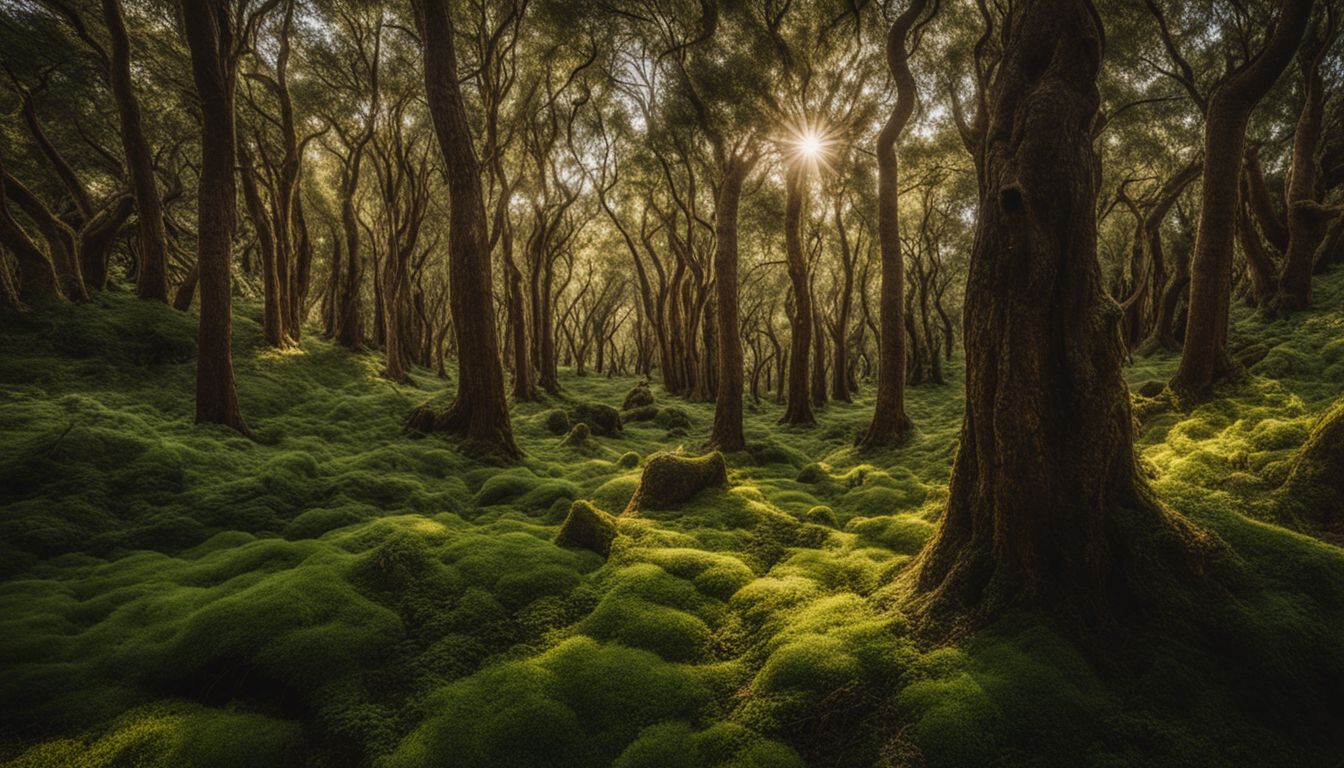
Cork is another vegan fabric that is both sustainable and eco-friendly. It is made from the bark of cork oak trees, which can be harvested without harming the tree. Cork is a versatile material that can be used for various fashion items, including bags, shoes, and accessories.
It is durable and resistant to moisture, making it ideal for outdoor wear. Cork also has natural thermal insulation properties, keeping you warm in cold weather and cool in hot weather.
By choosing cork as a vegan fabric option, you are not only supporting animal-free fashion but also contributing to the preservation of forests and biodiversity.
5. Piñatex
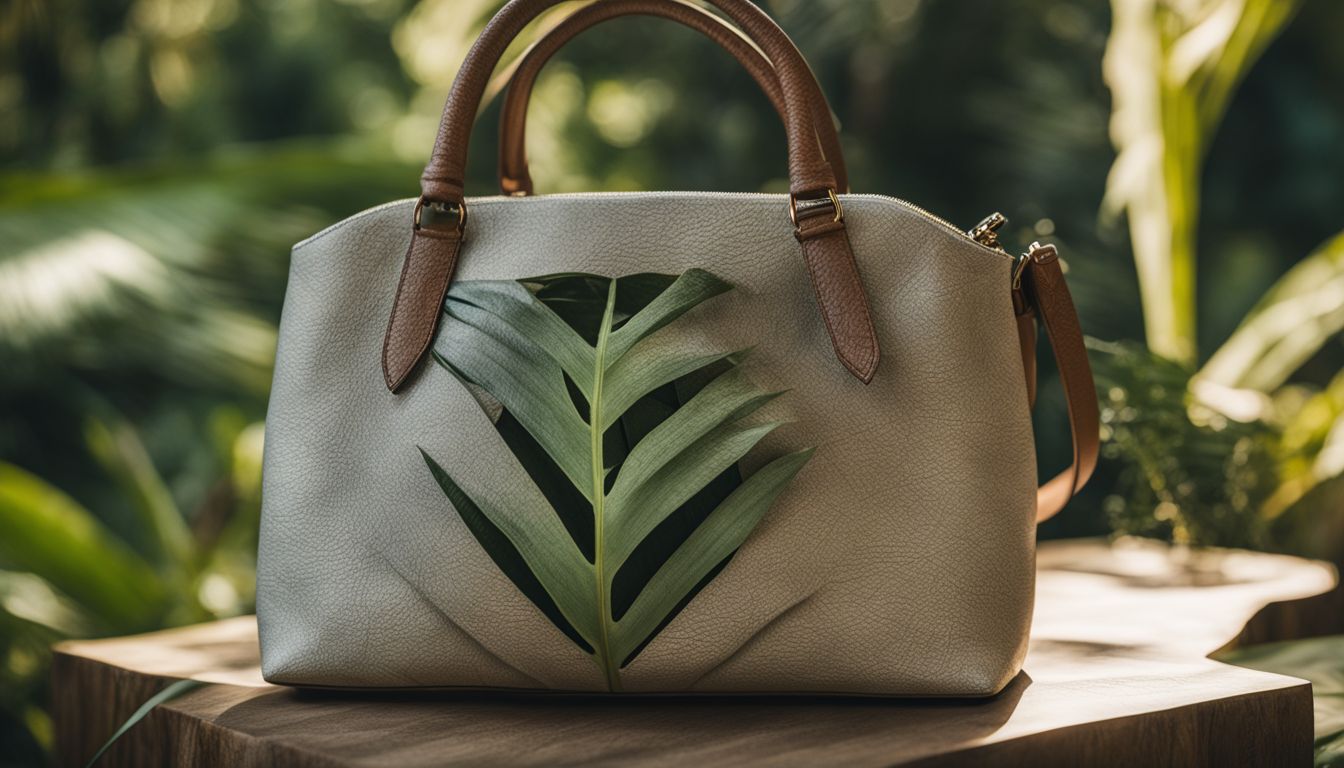
Piñatex is a sustainable vegan fabric made from pineapple leaf fibers. It is an eco-friendly alternative to leather and has gained popularity in the fashion industry. Piñatex is created using a by-product of the pineapple industry, reducing waste and utilizing renewable resources.
This fabric is durable, breathable, and has a texture similar to leather, making it suitable for various clothing items and accessories. By choosing Piñatex, you can wear stylish and animal-friendly fashion while supporting sustainability.
6. Cupro

Cupro is a semi-synthetic vegan fabric that is made from regenerated cellulose fibers. It is created using cotton linter, which is a byproduct of the cotton production process. Cupro has a silky and smooth texture that feels great against the skin.
This fabric is breathable, lightweight, and hypoallergenic, making it perfect for those with sensitive skin. Cupro also has moisture-wicking properties, keeping you cool and dry all day long.
It drapes beautifully and has a luxurious sheen, making it an excellent choice for elegant clothing items like dresses or blouses. Cupro is considered an eco-friendly fabric as it is biodegradable and produced in a closed-loop system where the chemicals used are recycled.
7. Lyocell

Lyocell is a semi-synthetic vegan fabric that is known for being eco-friendly and sustainable. It is made from renewable wood pulp, usually sourced from eucalyptus trees. The production process of lyocell involves using a solvent that is non-toxic and can be recycled.
This makes it a more environmentally friendly option compared to other fabrics. Lyocell has several desirable qualities, such as its softness, breathability, and ability to regulate body temperature.
It also has good moisture-wicking properties, making it comfortable to wear in different weather conditions. Additionally, lyocell is durable and resistant to wrinkles, so clothing made from this fabric tends to last longer.
8. Modal

Modal is another vegan fabric that is growing in popularity for sustainable fashion. It is made from beech tree pulp and has a soft and luxurious feel. Modal fabric is known for its breathability, moisture-wicking properties, and resistance to shrinking or pilling.
It is also biodegradable, making it an eco-friendly choice. Modal can be blended with other fibers like cotton or bamboo to enhance its durability and stretchiness. This versatile fabric is used in various clothing items such as shirts, dresses, and underwear.
So if you’re looking for a cruelty-free alternative to traditional fabrics, modal is definitely worth considering!
9. Bamboo
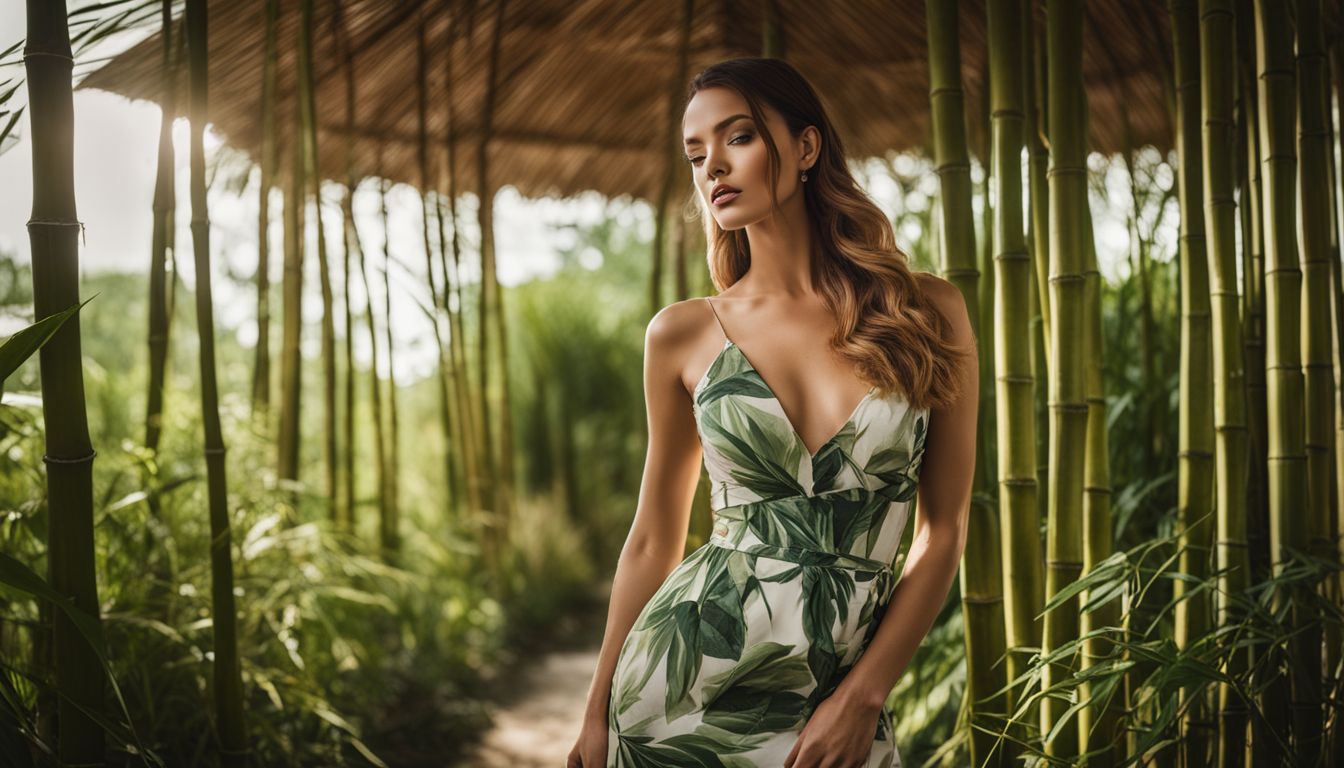
Bamboo is a popular vegan fabric used in sustainable fashion. It is considered eco-friendly because bamboo plants grow quickly and require minimal water, pesticides, and fertilizers.
The fabric made from bamboo is soft, breathable, and hypoallergenic, making it a great choice for people with sensitive skin. Bamboo fabric is also durable and has moisture-wicking properties, which help to keep you cool and dry.
It can be used to make various clothing items like t-shirts, socks, underwear, and even bedding. Plus, bamboo fabric is biodegradable!
10. Vegan Leather

Vegan leather can be just as durable and stylish as real leather, and it comes in a variety of textures and colors. Many fashion brands now offer vegan leather options for shoes, bags, jackets, and accessories.
Choosing vegan leather not only helps protect animals but also contributes to more sustainable and ethical fashion choices.
11. Polyester
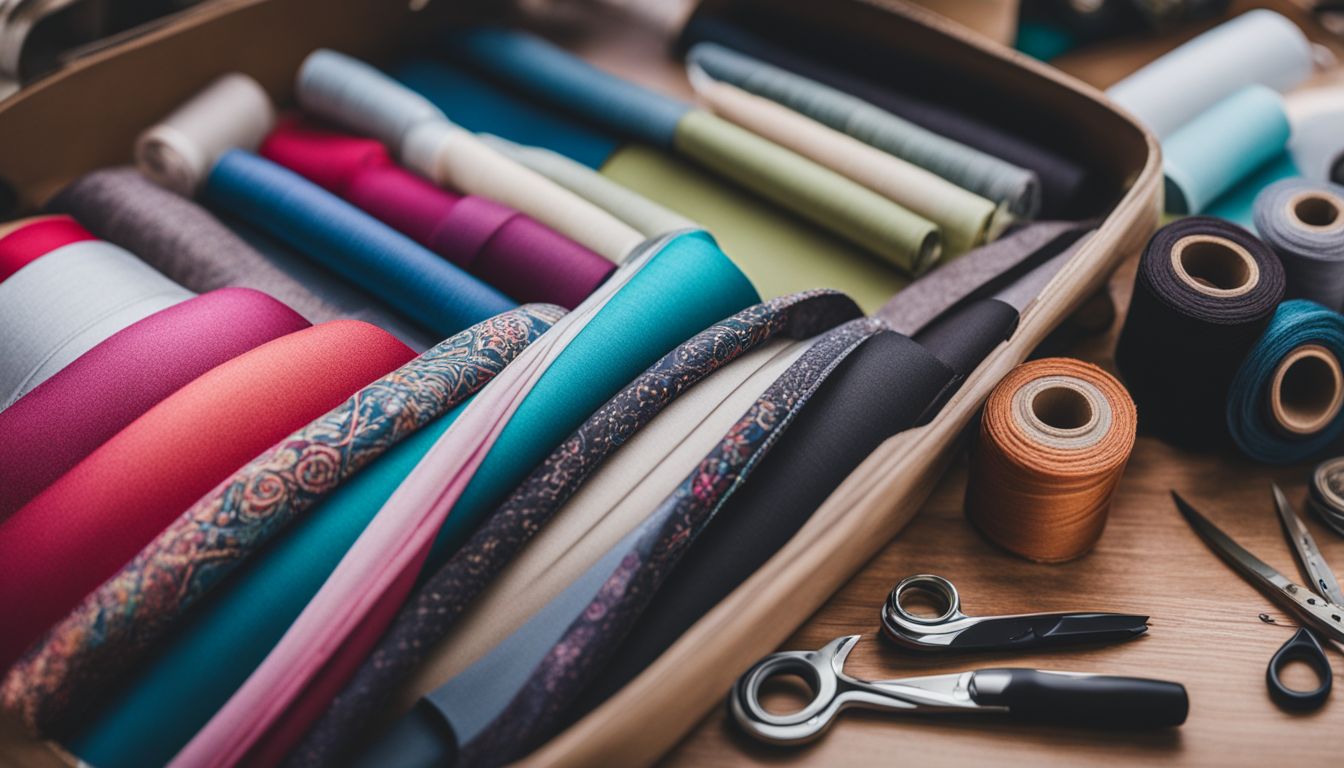
Polyester is a synthetic vegan fabric commonly used in sustainable fashion. It is made from petroleum-based materials, which means it doesn’t involve animals. Polyester is known for its durability and versatility, making it a popular choice for clothing items like jackets, shirts, and dresses.
This fabric is also resistant to shrinking and wrinkles, so your clothes will stay looking fresh for longer. Additionally, polyester can be recycled and reused, reducing waste and environmental impact.
So if you’re looking for a cruelty-free option that’s durable and easy to care for, polyester might be the perfect vegan fabric for you!
Benefits of Using Vegan Fabrics

Using vegan fabrics for sustainable fashion offers several benefits. They are animal-friendly, sustainable and eco-friendly, breathable and comfortable, as well as versatile and durable options for clothing materials.
Animal-friendly

Vegan fabrics are animal-friendly choices for sustainable fashion. These materials are made without harming animals or using any animal-derived products. By opting for vegan fabrics, you can wear your love for animals on your sleeve while still enjoying stylish and eco-friendly clothing options.
From natural fibers like cotton, hemp, and linen to innovative alternatives like Piñatex and Cupro, there are plenty of animal-friendly fabrics to choose from. By embracing these materials, you can make a positive impact on the environment and support ethical fashion practices.
Sustainable and eco-friendly
Vegan fabrics are not only animal-friendly, but they are also sustainable and eco-friendly. These fabrics are made from natural materials like cotton, hemp, linen, cork, and bamboo.
They have a lower impact on the environment compared to fabrics derived from animals or synthetic fibers. Vegan fabrics are often produced using less water and energy, as well as fewer chemicals.
By choosing these sustainable options, you can reduce your carbon footprint and contribute to a healthier planet. So why not wear your animal-loving heart on your sleeve while also being kind to the Earth?.
Breathable and comfortable
Vegan fabrics are not only animal-friendly and sustainable but they are also breathable and comfortable to wear. Fabrics like cotton, hemp, linen, and bamboo allow air to flow through them, keeping you cool and dry.
These natural materials are lightweight and soft against the skin, providing a comfortable wearing experience. Additionally, semi-synthetic vegan fabrics such as Cupro and Lyocell have moisture-wicking properties that help in regulating body temperature.
So when you choose vegan fabrics for your clothing, you can feel good knowing that you’re not only being kind to animals but also enjoying the benefits of breathable and comfortable fashion choices.
Versatile and durable
Vegan fabrics are not only animal-friendly and eco-friendly, but they are also versatile and durable. These fabrics can be used for a wide range of clothing items and accessories, making them perfect for every occasion.
Whether you need a soft and breathable fabric like cotton or hemp for everyday wear, or a more luxurious option like vegan leather for special occasions, there is a vegan fabric that suits your needs.
And the best part? Vegan fabrics are designed to last, so you can enjoy your animal-loving wardrobe for years to come without compromising on style or quality.
How to Identify and Choose Vegan Fabrics

To identify and choose vegan fabrics, check labels and certifications, research brands and materials, and consider the production process. Discover the best ways to incorporate cruelty-free textiles into your sustainable fashion choices.
Read on to learn more!
Check labels and certifications
To ensure that you are choosing vegan fabrics, it’s important to check the labels and certifications. Look for products that have clear indications of being animal-friendly and cruelty-free.
Some certifications to look out for include “Vegan Certified,” “PETA-approved Vegan,” or “Cruelty-free.” These labels guarantee that no animals were harmed or used in the production process.
Additionally, doing some research on brands and materials can also help you identify vegan fabrics. Look into companies known for using sustainable and eco-friendly materials, and avoid those that use animal-derived fibers like wool or silk.
Research brands and materials
To choose vegan fabrics for your sustainable fashion journey, it’s important to research brands and materials. Look for labels and certifications that indicate the products are cruelty-free and made without animal-derived materials.
Take the time to read about the production process used by different brands to ensure they align with your values. By doing thorough research, you can find trustworthy brands that offer high-quality vegan fabrics for your stylish and compassionate wardrobe.
Consider the production process
When choosing vegan fabrics for sustainable fashion, it’s important to consider the production process. Look for fabrics that are produced using environmentally friendly methods and practices.
This includes looking for brands that prioritize renewable energy sources, minimize water usage, and reduce chemical inputs in their manufacturing processes. Opting for fabrics made using low-impact dyes can also help reduce the environmental impact of the production process.
By considering the production process, you can ensure that your choice of vegan fabric aligns with your values of sustainability and ethical fashion.
Styling Tips for Vegan Fashion
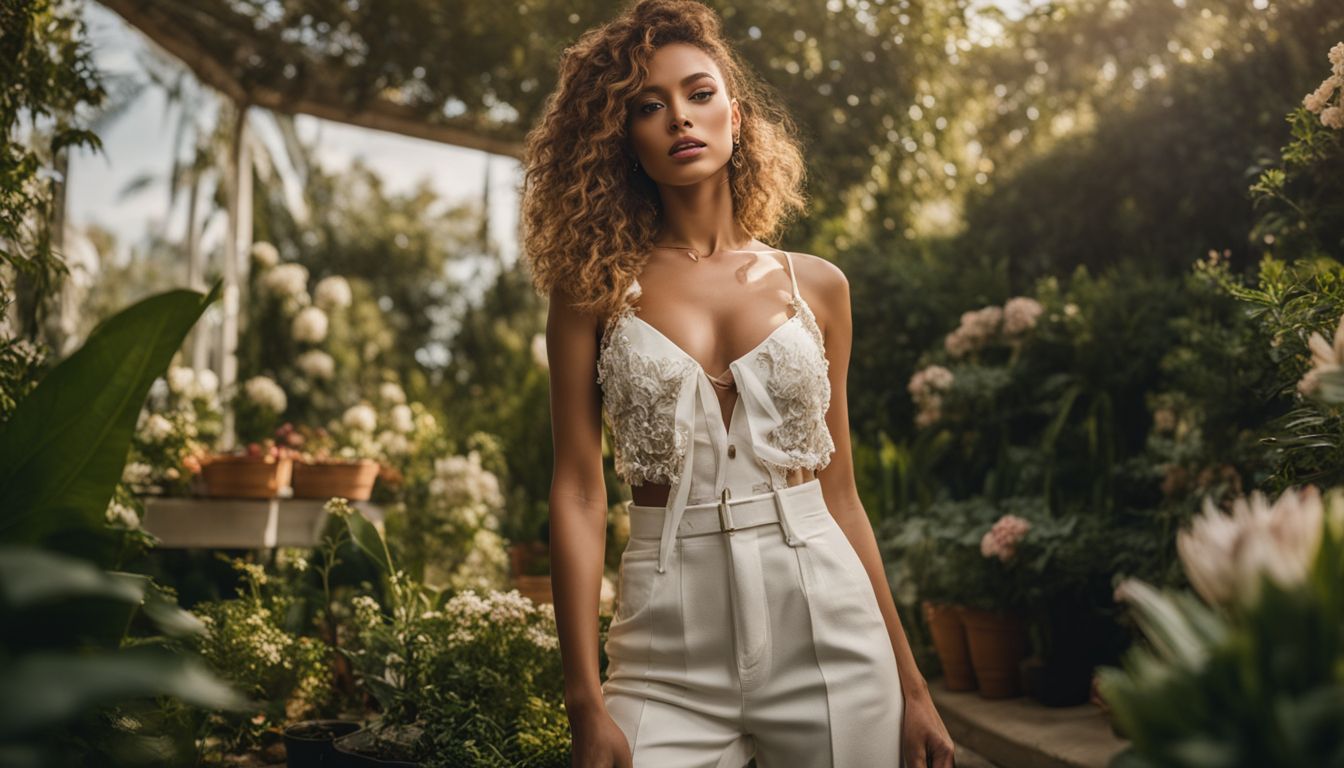
Mix and match different vegan fabrics to create unique and stylish outfits. Accessorize with vegan materials such as cruelty-free bags, shoes, and belts. Explore sustainable fashion brands that prioritize ethical production practices.
Mix and match fabrics
You can have fun and get creative with vegan fabrics by mixing and matching them in your outfits. Try combining different textures and colors to create unique looks that suit your style.
For example, pair a cotton blouse with a linen skirt for a breezy summer ensemble, or mix bamboo leggings with a modal top for a comfortable yet stylish athleisure outfit. Don’t be afraid to experiment and find combinations that work best for you.
The versatility of vegan fabrics allows you to create endless possibilities while still staying true to your animal-loving values.

Accessorize with vegan materials
Complete your vegan fashion look by accessorizing with vegan materials. Look for accessories made from plant-based fabrics like hemp or organic cotton. You can also find beautiful accessories made from Piñatex, a leather alternative made from pineapple leaves, or cork, a sustainable and eco-friendly material.
These vegan accessories are not only stylish but also align with your animal-loving values. So go ahead and add that cruelty-free handbag or belt to complete your outfit guilt-free!
Sustainable fashion brands to explore
If you’re interested in sustainable fashion, here are some brands that focus on creating ethical and animal-friendly clothing. One brand to explore is Pelush, founded by Anna Tagliabue, which creates luxury coats and hats that mimic real fur without using any animal products.
Another brand to consider is LÉ BUNS, a vegan and cruelty-free fashion brand specializing in swimwear and intimates made from plant-based fabrics and organic cotton. These brands are committed to offering stylish options that align with your values of sustainability and compassion towards animals.
Conclusion

In conclusion, embracing vegan fabrics allows us to wear our animal-loving hearts on our sleeves. With options like cotton, hemp, and linen, we can make sustainable fashion choices that are eco-friendly and cruelty-free.
By choosing vegan fabrics, we contribute to a more compassionate and conscious world of fashion. So let’s join the movement and show off our style while being kind to animals!
FAQs
1. What are vegan fabrics?
Vegan fabrics are materials that do not use any animal products or by-products in their production, such as leather, fur, silk, or wool.
2. What are some examples of vegan fabrics?
Some examples of vegan fabrics include cotton, linen, hemp, bamboo, pineapple leather (Piñatex), and recycled polyester.
3. Are vegan fabrics environmentally friendly?
Yes, many vegan fabrics are considered more sustainable and environmentally friendly than animal-based materials because they have a lower impact on natural resources and do not contribute to animal exploitation.
4. Where can I find clothing made from vegan fabrics?
You can find clothing made from vegan fabrics at various stores that promote ethical fashion or online retailers specializing in sustainable and cruelty-free fashion options.



